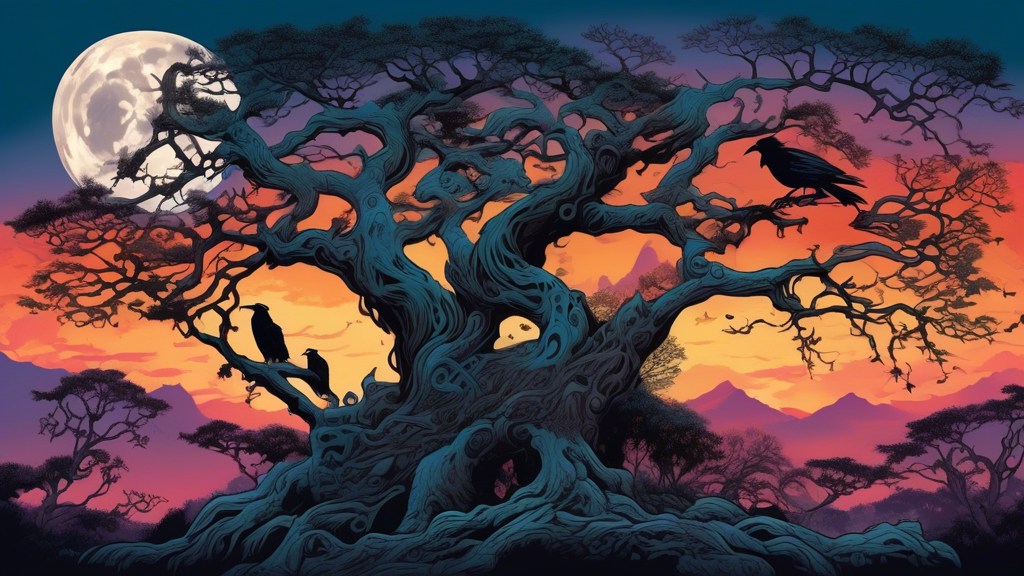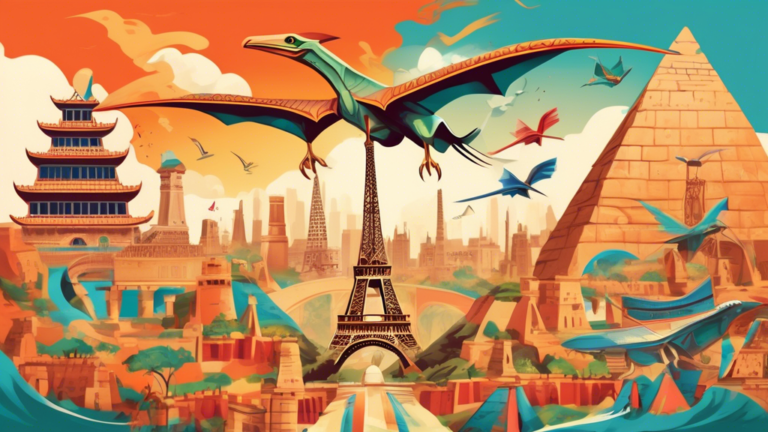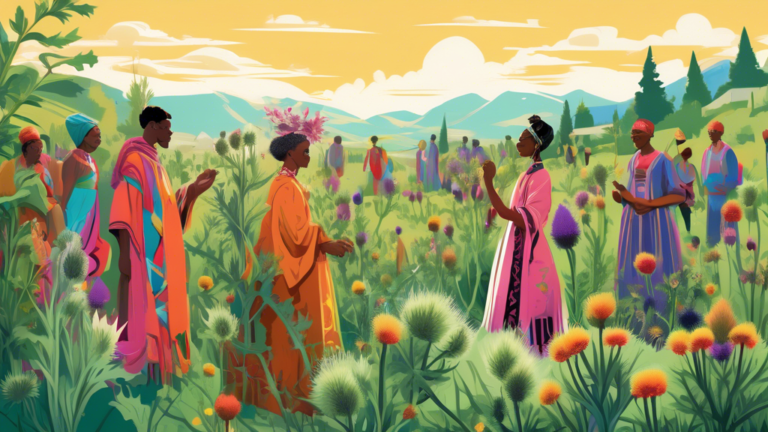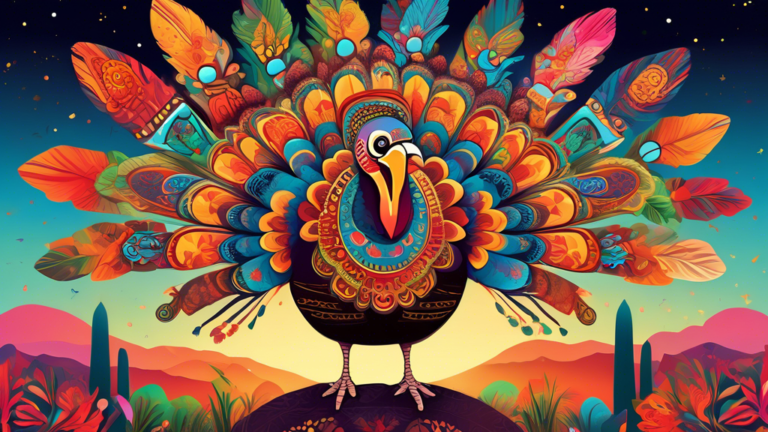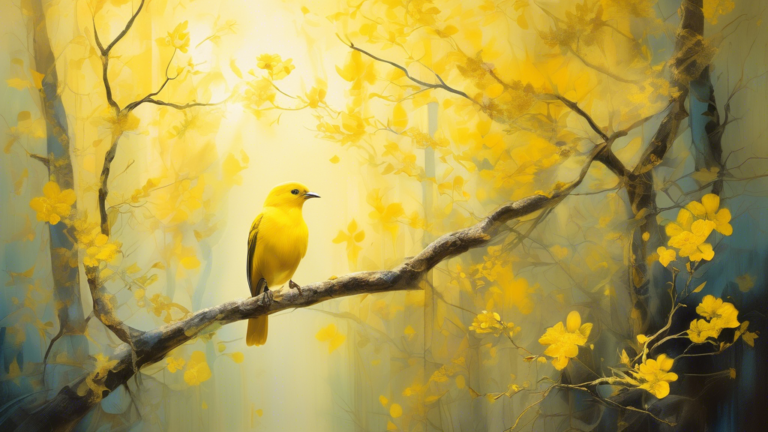Exploring the Symbolism of Crows in Various Cultures
Introduction to Crow Symbolism
Crows are vividly present across various cultures, embodying a wide range of symbolic meanings. These birds, characterized by their black plumage, intelligent eyes, and raucous calls, often evoke strong emotional responses from humans, leading them to feature prominently in myths, folklore, and art across the world. This article explores the symbolism of crows within different cultural frameworks, revealing both shared and unique perceptions.
Symbolism in Native American Cultures
In many Native American tribes, crows are seen as symbols of wisdom and are often considered to be the keepers of sacred law. For instance, in the mythology of some tribes of the Pacific Northwest, the crow is seen as a creator and a provider, who brought light to humanity. The crow is also revered as a shape-shifter and a trickster, showing its ability to transcend the physical laws of the natural world. This respect for the crow’s intellectual abilities can be observed in the narratives woven by these cultures, where the crow frequently plays a pivotal role in teaching spiritual truths.
Crow Symbolism in European Cultures
In Europe, the perception of crows is more ambivalent and often skews towards omens and bad luck. In Celtic mythology, crows are associated with war and death, often seen on battlefields. The Morrigan, a war goddess, would often appear in the form of a crow or raven. In Norse mythology, Huginn and Muninn are two ravens that serve Odin and symbolize thought and memory, respectively, highlighting the significant role that crows and their kin play in these ancient stories.
Christianity and Crows
In Christian symbolism, the crow holds a disparate significance. Often depicted as a bearer of bad news or an omen of death, the crow’s presence in tales is typically associated with the darker aspects of existence. However, in some biblical texts, ravens (close relatives of crows) are seen as protectors or sustainers. For example, ravens are noted for feeding the prophet Elijah during his isolation in the desert, showing that their role can be viewed in a more benevolent light.
Crow Symbolism in East Asian Cultures
In East Asia, crows carry a variety of meanings as well. In Japan, the crow, or ‘karasu’, symbolizes family devotion. The bird is considered to be highly intelligent and affectionate within the family structure. Furthermore, the three-legged crow (Yatagarasu) is a creature found in Japanese mythology that is believed to be a guide for the Emperor, showing the crow in a much more divine and protective role than in many Western interpretations.
Crows in Hinduism
In Hinduism, crows hold a complex position. They are considered both spiritual and earthly messengers. The crow is associated with ancestors and is given great importance during the ‘Shradh’ ceremonies where food offerings are made to ancestors. They are also seen as protectors against evil influences, balancing the spiritual with the mundane in Hindu culture.
Crows in Contemporary Cultural Representations
In modern times, the symbolism of crows has permeated popular culture through literature, film, and art. They often symbolize a cunning nature or intelligence but can also represent isolation or otherness. In literature, authors like Edgar Allan Poe have immortalized the crow (or raven) in works that underscore its mysterious and foreboding nature, highlighting its continuity as a powerful symbol throughout the ages.
Conclusion
Across various cultures, the symbolism of crows varies greatly—from wisdom, prophecy, and guidance to death, war, and omens. This wide spectrum of interpretations reflects the complex interactions between humans and these intelligent birds. As we continue to explore and interpret their presence in both ancient and contemporary contexts, crows remain a compelling symbol of the multi-faceted relationship between mankind and the natural world.
Exploring the Symbolism of Fog in Literature and Culture
Exploring the Symbolism of the Wren in Various Cultures

